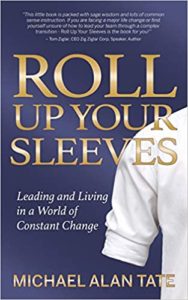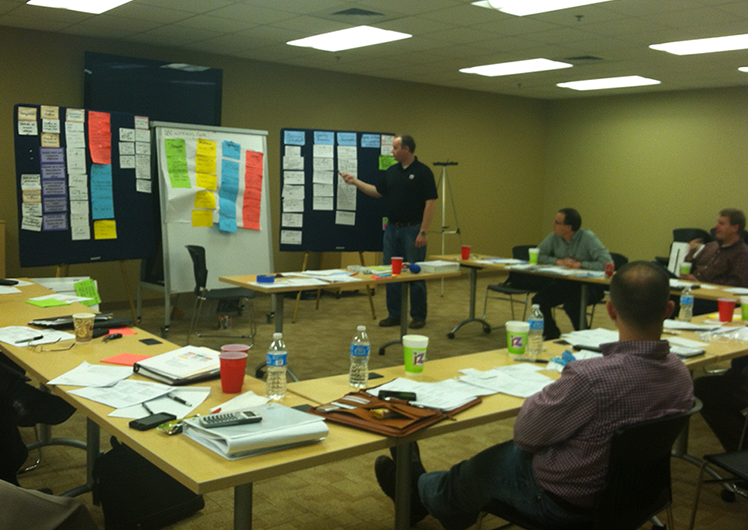Failure Can be Hard to Stop
The tire was almost flat when we loaded up the big farm tractor that warm autumn morning. Too busy to take time to repair the tire, we quickly aired ‘er up and marched forward, confidently armed with the certain hope of a productive day working the overgrown hunting land.
The day did not progress as we had hoped.
In summary, we accomplished about 45 minutes of real work in our 10 hours of activity. The remaining 9 hours and 15 minutes were spent in the following comedy of blunders: tire totally flat; stuck in a ditch; repaired the tire; tractor fell off the jack; broke the engine starter; rigged a new wire to the starter; killed the battery; tractor rolled off the trailer. And there we stood in an unplowed field staring at a 4,000 pound tractor wondering how to get it back on the trailer and get back home.
Silhouetted by a stunning purple sunset, we watched in hallowed relief as a monster tow truck lifted the hobbled tractor aboard and took it away. It made it to the nearest tractor hospital. We made it home.
This story verifies the well known, but seldom articulated truth, that one lapse of judgment can quickly create a situation in which only foolish choices are possible. Can you recall a time when you made a decision which, in the moment seemed right, and then everything went wrong? The harder you worked the wronger things got. Experience tells us that sometimes this downward spiral of events is simply a string of bad luck, but oftentimes it is self-inflicted from the start. The verbal birthmark of pending disaster is etched in such signature expressions as: ” I don’t care what you do just do something, or “we don’t have time to plan what we need is results”, or “no need to check those references my gut says hire him”, or “I will never trust them again”, or “that tire looks OK to me.”
So what is the best strategy to keep from getting pulled down and down by a whirlpool of dire consequences? Contrary to some popular opinions “speed up” or “do more” is not always the correct answer. Sometimes “stop” is the answer. Stop and plan. Stop and check. Stop and forgive and forget. Stop and fix the tire.
Working Journal Entry: What day-gone-wild event came to your mind when you read the tractor story? Stop and write down a few lines about your embarrassing experience. Why? It may remind you of an important truth, it may make you laugh at yourself or it may equip you with an inspiring story to tell someone who needs a lift back home in their leadership and life.



